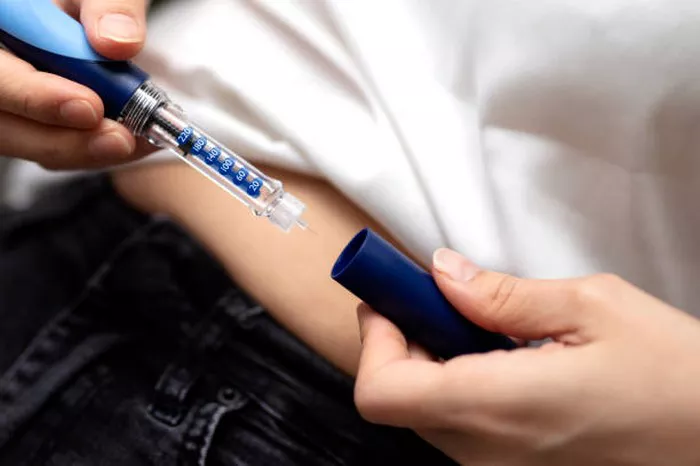If you’re considering purchasing weight-loss injections online, there’s a new set of hurdles to jump through. Recent industry regulations are tightening the sale of fat-loss jabs, such as Ozempic, Wegovy, and Mounjaro, and making video consultations or face-to-face appointments mandatory before a prescription can be issued.
New Guidelines to Combat Abuse
The General Pharmaceutical Council (GPhC) has implemented stricter rules following growing concerns about misuse. The regulator has classified GLP-1 receptor agonists—commonly used weight-loss medications—as high-risk drugs. As a result, anyone wishing to purchase these injections online must now undergo thorough consultations. Pharmacies are required to confirm that patients meet the clinical criteria for weight loss treatments, including obtaining a patient’s GP medical record or conducting size checks to verify eligibility.
These medications, which are intended for individuals with a body mass index (BMI) over 30 or those who are overweight with additional health issues, like high blood pressure, have become increasingly popular. However, many individuals have reportedly misrepresented their health status, exaggerating their size to access the £140-a-month drugs.
Why Are the Rules Changing?
It’s estimated that half a million people in the UK are using GLP-1 medications, with most obtaining them through private channels. Only about 10% of prescriptions come from the NHS. The recent surge in demand, paired with reports of misuse by people hoping to shed just a few pounds, has prompted the need for more stringent checks.
Under the new rules, pharmacies can no longer accept a simple medical questionnaire and photograph as sufficient evidence of a patient’s eligibility. Instead, clinicians are required to independently verify crucial information such as weight, height, and BMI, ensuring the data submitted is accurate. Furthermore, prescriptions can only be issued after obtaining consent from the patient to contact their GP.
The Role of Pharmacies and Clinicians
The updated guidelines are designed to ensure that only those with a genuine medical need receive weight-loss injections. This includes safeguarding individuals with eating disorders from the temptation to misuse the drugs for non-medical reasons. Duncan Rudkin, Chief Executive of the GPhC, emphasized that while online pharmacy services provide valuable access to healthcare, there have been numerous instances of medicines being prescribed improperly, putting patients at risk.
Pharmacies found to be flouting these new rules may face investigations or inspections. Already, action has been taken against more than a dozen pharmacies that failed to meet the necessary standards.
How Do Weight-Loss Injections Work?
The active ingredient in weight-loss injections like Semaglutide (marketed under the brand names Wegovy and Ozempic) mimics a naturally occurring gut hormone called glucagon-like peptide-1 (GLP-1). This hormone signals the brain that the body is full, suppressing appetite and leading to reduced calorie intake. When used alongside a balanced diet and regular exercise, these injections help users feel satiated after consuming smaller portions, contributing to weight loss.
Potential Side Effects
While effective, weight-loss injections are not without side effects. Most users experience mild symptoms such as nausea, vomiting, diarrhea, constipation, bloating, stomach cramps, acid reflux, dizziness, fatigue, or headaches. In rare cases, however, more serious side effects can occur, including gallbladder disease, inflammation of the pancreas, kidney issues, and depression.
The Road Ahead
As the demand for weight-loss injections continues to rise, the tightening of regulations is a necessary step in ensuring that these potent drugs are used safely and appropriately. If you’re considering using these medications, be prepared for more scrutiny as healthcare providers and pharmacies prioritize patient safety and well-being.
Related Topics:
Do Weight Loss Injections Make You Tired


